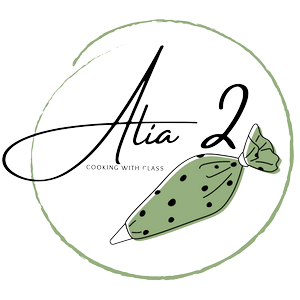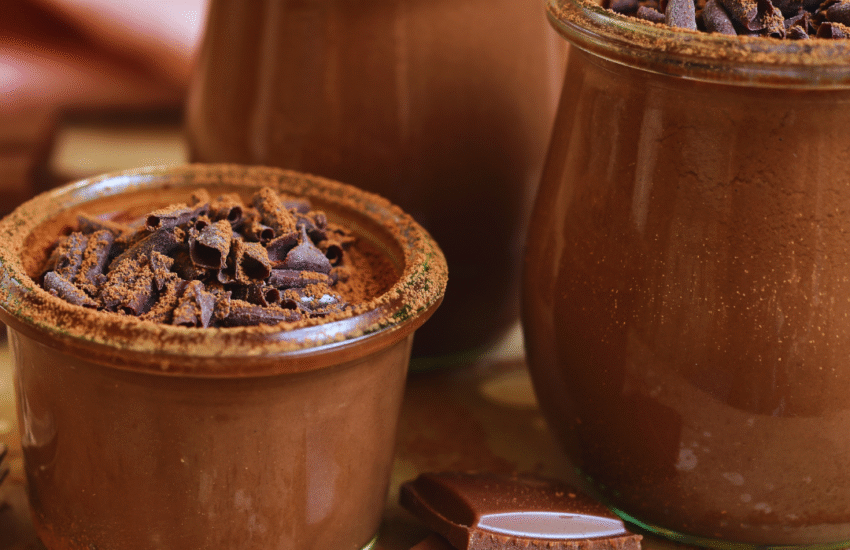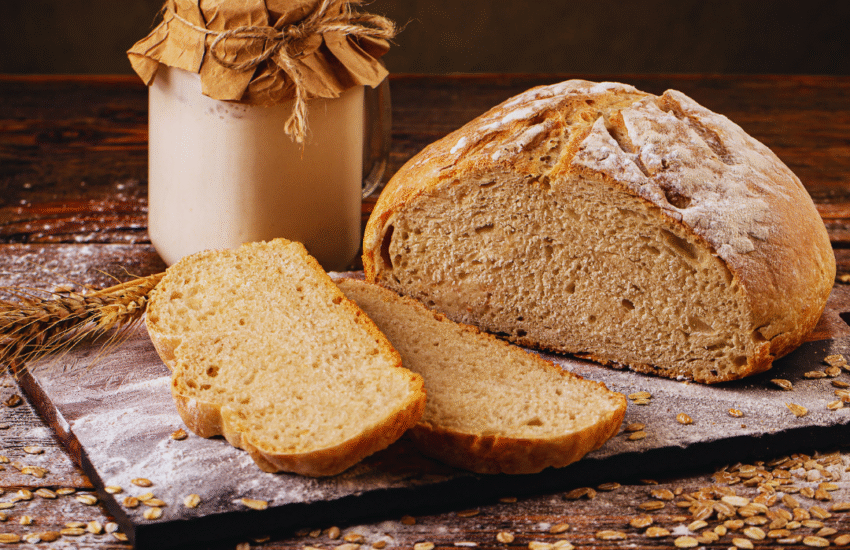The Best Baking Accessories for Beginners: Essential Tools to Get Started
Baking is a rewarding hobby that can be enjoyed by anyone, whether they are just starting out or looking to sharpen their skills. For beginners, having the right tools is essential to make the process enjoyable and efficient. Investing in a few key baking accessories can ensure a smoother baking experience and better results.
Essential items like measuring cups, mixing bowls, and quality baking trays can significantly enhance one’s ability to create delicious treats. A set of sturdy mixing spoons and a reliable whisk are also invaluable for achieving the correct consistency and texture in baked goods.
For those eager to dive into the world of baking, having the right tools makes a substantial difference. With the proper accessories at hand, any novice can transform their kitchen into a baking haven and explore their culinary creativity.
Essential Baking Tools for Beginners
To start baking successfully, having the right tools is crucial. Certain kitchen essentials make the process easier and more enjoyable, enabling beginners to create delicious baked goods with confidence.
Mixing Bowls and Measuring Tools
A variety of mixing bowls is indispensable. They come in different sizes, allowing for flexibility when combining ingredients. Stainless steel, glass, and ceramic options are popular due to their durability and ease of cleaning.
Measuring tools are equally important. A set of measuring spoons and cups ensures accuracy in recipes. Kitchen scales are also beneficial for precise measurements, especially when dealing with dry ingredients like flour and sugar. Using these tools helps maintain consistency in baking, leading to better results.
Spatulas, Whisks, and Spoons
Incorporating the right utensils facilitates smooth mixing and folding of ingredients. A silicone spatula is versatile for scraping bowls and spreading batters. They are heat-resistant and easy to clean, making them a must-have for any kitchen.
Whisks, particularly balloon whisks, are essential for aerating mixtures. They effectively incorporate air into eggs and creams. Various sizes are available, allowing beginners to choose according to their needs. Additionally, a selection of wooden or silicone spoons helps in mixing without damaging bakeware.
Bakeware Basics
Understanding the types of bakeware is fundamental for beginners. Pyrex dishes are excellent for oven use and can transition from oven to table. Baking sheets are ideal for cookies and scones, offering a flat surface for even baking.
Investing in quality bakeware promotes better heat distribution, which is key to achieving the desired texture of baked goods. Non-stick options are available, but it’s important to select those that withstand higher temperatures without warping or scratching.
Must-Have Baking Equipment and Appliances
Baking requires the right tools to make the process efficient and enjoyable. Essential equipment enhances the outcome of baked goods, ensuring a good experience for beginners.
Mixers: Stand Mixers and Hand Mixers
Mixers are vital for combining ingredients effectively. Stand mixers, like the popular KitchenAid model, are powerful and versatile. They excel at tackling heavy dough and come with various attachments for different tasks, such as whisking or kneading. Their hands-free operation allows for multitasking during baking.
Hand mixers are more compact and portable, making them a great option for small kitchens. They are easy to store and operate quickly for lighter tasks, like mixing batters or whipping cream. Both types of mixers save time and effort, essential for beginners honing their baking skills.
Baking Tins and Trays
Choosing the right baking tins and trays is crucial for success. Loaf tins are perfect for quick bread and cakes, while springform cake tins with removable bottoms make it easy to release delicate cheesecakes and layered cakes without damaging them.
Muffin trays allow for baking a batch of muffins or cupcakes evenly. Pie pans are necessary for creating savoury and sweet pies with a perfect crust. Investing in high-quality, non-stick options helps ensure that baked goods release smoothly and clean up easily.
Specialty Baking Accessories
Specialty baking accessories can elevate a baking setup. Rolling pins are essential for rolling out dough for pastries and cookies. A good rolling pin can make the process smooth and efficient.
Cookie cutters in various shapes add creativity to baking. Using themed cutters can make cookie decorating fun. Other helpful tools include silicone baking mats and spatulas, which aid in transferring delicate items without breaking them. These accessories round out the essential equipment for beginners, enhancing both the baking experience and results.
Useful Baking Accessories for Great Results
Having the right baking accessories makes a significant difference in achieving consistent and impressive results. Key tools assist in preparation, baking, and decorating, ensuring an enjoyable baking experience.
Preparation and Baking Aids
Effective preparation is crucial for baking success. Parchment paper acts as a non-stick surface, making it ideal for lining trays and cake tins. It prevents sticking and simplifies clean-up.
A sieve is essential for sifting flour and other dry ingredients, resulting in lighter baked goods. Additionally, a pastry brush (or silicone brush) is useful for applying glazes or egg washes to pastries.
A cooling rack allows air circulation around baked items, preventing sogginess. Lastly, a kitchen timer is invaluable for keeping track of baking times, ensuring that nothing is overcooked or undercooked.
Finishing and Decorating Tools
For those looking to elevate their baked goods, finishing and decorating tools are indispensable. Cake decorating kits often include various nozzles and piping bags, enabling intricate designs with icing.
Magic Colours food colourings offer vibrant hues for frosting and fondant, allowing for creative expressions in baking.
A turntable can greatly simplify the process of decorating cakes, providing a smooth and even surface for applying frosting.
An offset spatula helps apply icing evenly, while a fondant smoother creates a polished finish. With these tools, she can create stunning baked masterpieces that impress friends and family alike.
Developing Your Baking Skills
Baking requires both practice and the right equipment. Beginners can enhance their skills through simple recipes, the selection of quality tools, and constructive feedback.
Easy Recipes to Practise
Starting with easy recipes builds confidence. Banana bread is a great choice; it uses straightforward ingredients and techniques. Following this, simple cheesecakes can introduce the basics of mixing and baking.
Sourdough, while a bit more complex, teaches essential skills like kneading and fermentation. Each of these recipes offers opportunities to refine techniques, understanding how ingredients interact.
Creating a list of practice recipes can be beneficial. For example:
- Banana Bread: Perfect for mastering mixing and baking times.
- Cheesecake: Teaches precise measurements and texture control.
- Sourdough: Focuses on patience and technique with rising and baking.
Tips for Choosing Quality Baking Accessories
Quality accessories make a significant difference. When selecting baking tools, consider durability and functionality. Non-stick baking trays and silicone spatulas help ensure easy release and clean-up.
Investing in a good set of measuring cups and spoons is crucial for accuracy. Heavy-weight mixing bowls can withstand vigorous mixing without bending or warping.
Consider getting a digital kitchen scale. This tool provides precise measurements, especially important for recipes like sourdough, where exact ratios matter.
Also, look for oven thermometers to ensure the oven’s temperature is accurate. A reliable thermometer can prevent undercooked or burnt baked goods.
Feedback and Learning
Feedback is vital for improving baking skills. Sharing baked items with friends and family allows for constructive criticism. They can provide insights on taste, texture, and presentation.
Joining a local baking group or an online forum is an excellent way to exchange tips and share experiences. Observing how others approach baking challenges can inspire new techniques.
Keeping a baking journal can be helpful as well. Documenting recipes, results, and personal reflections allows for tracking progress. This practice highlights areas to improve and celebrates successes along the journey.



